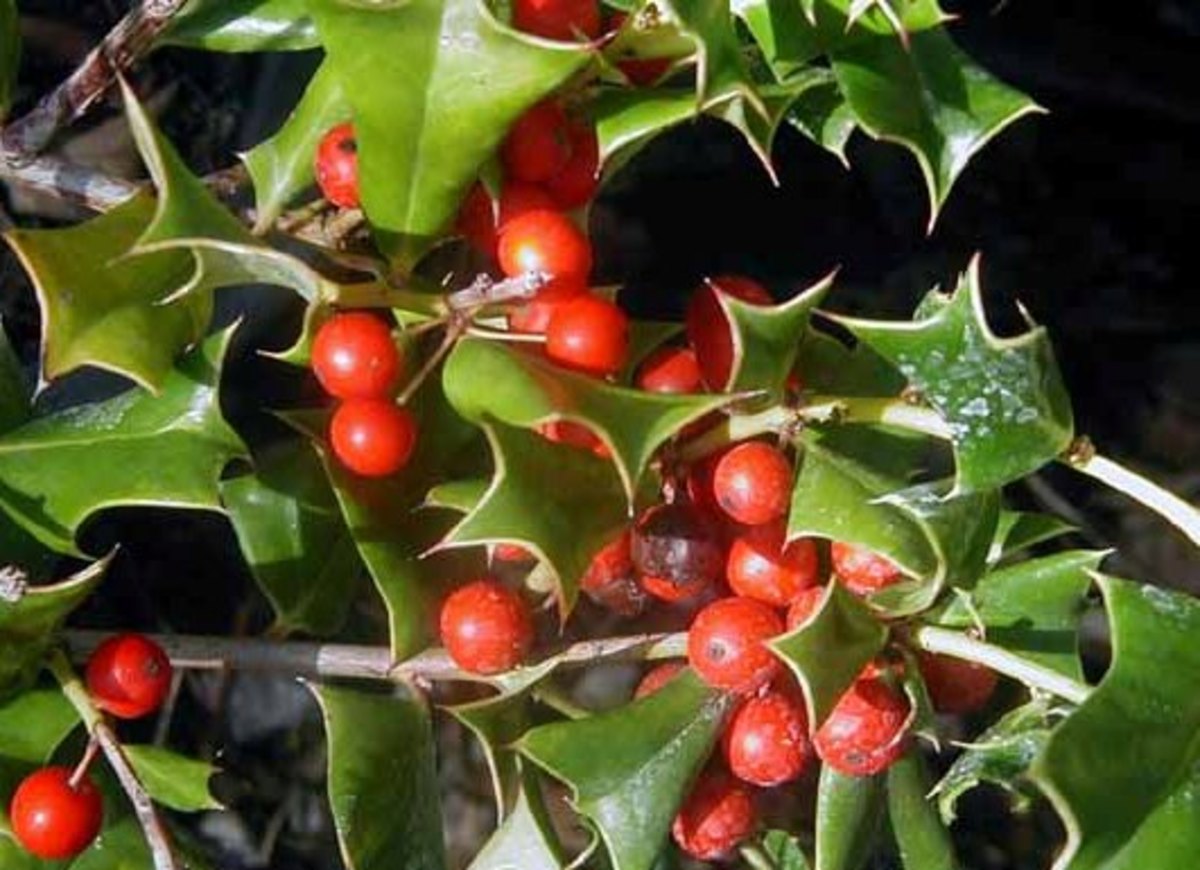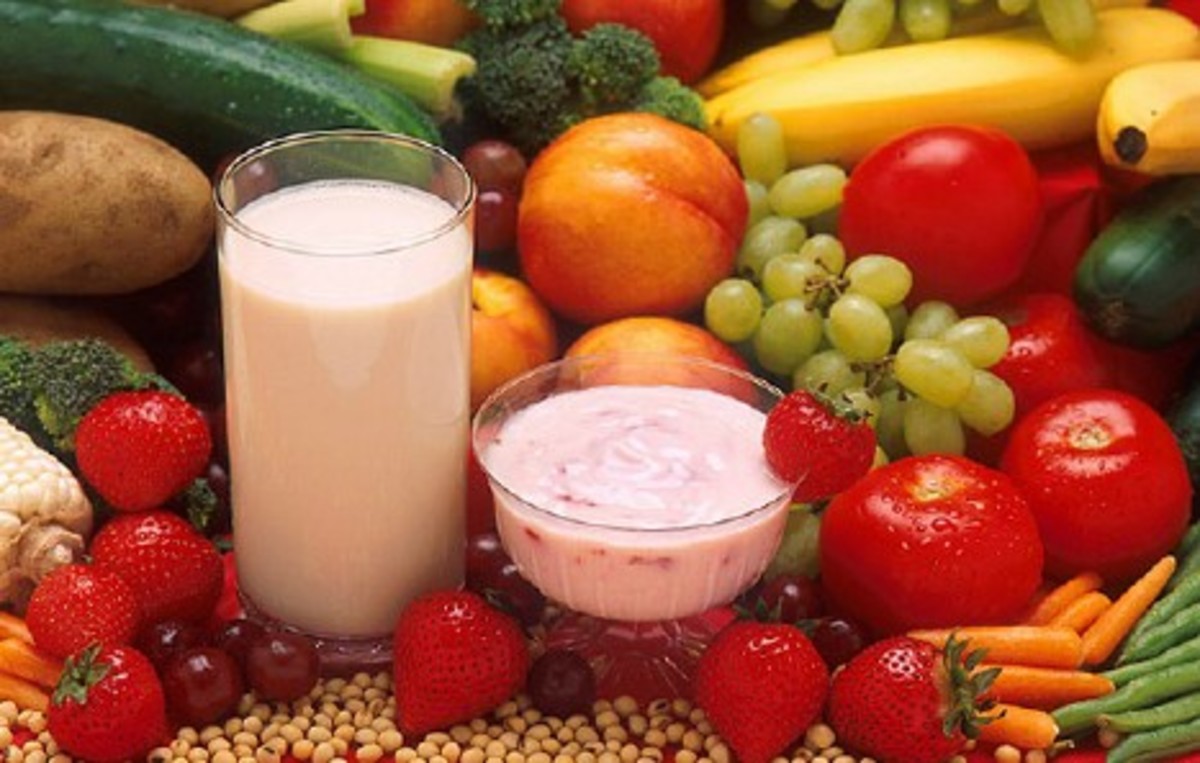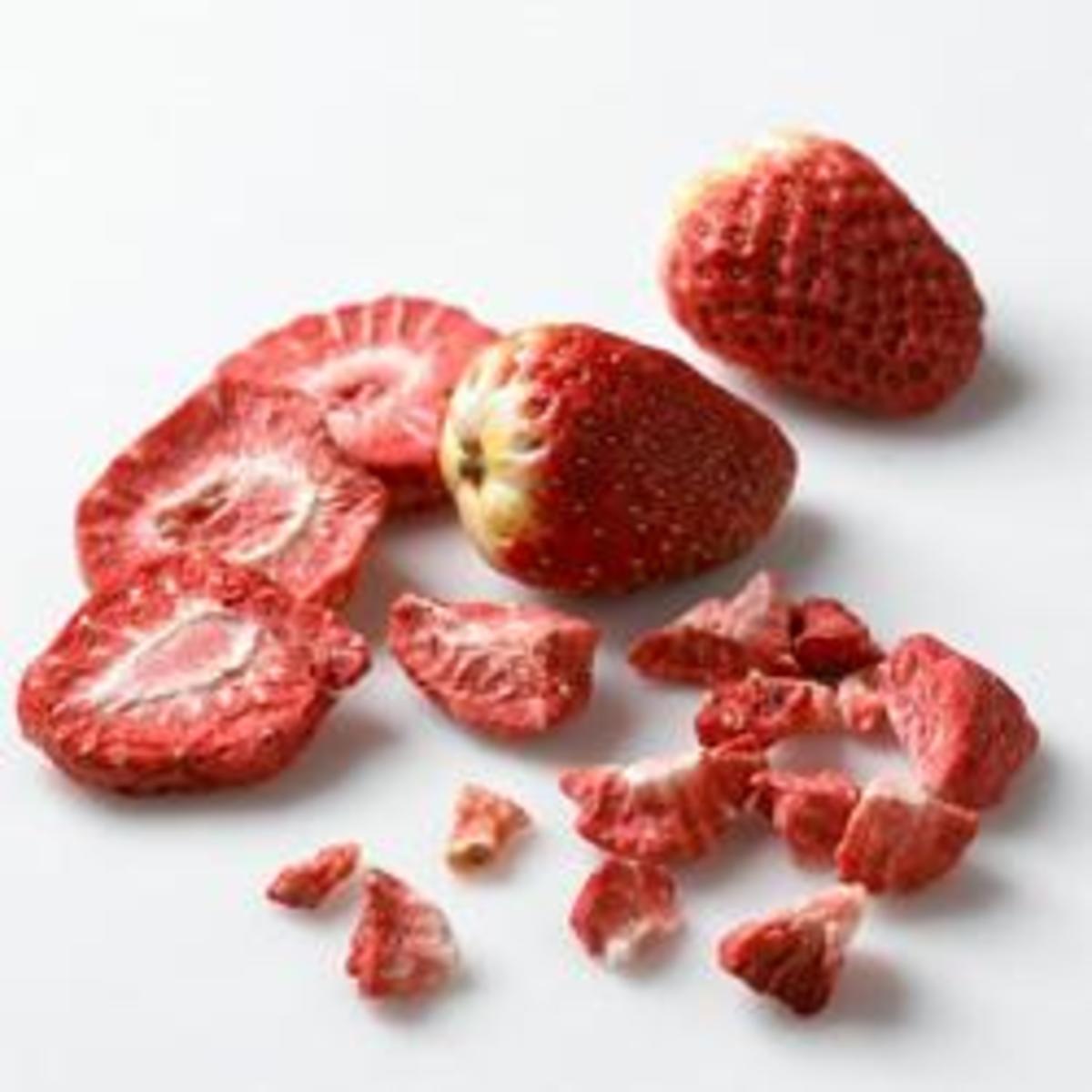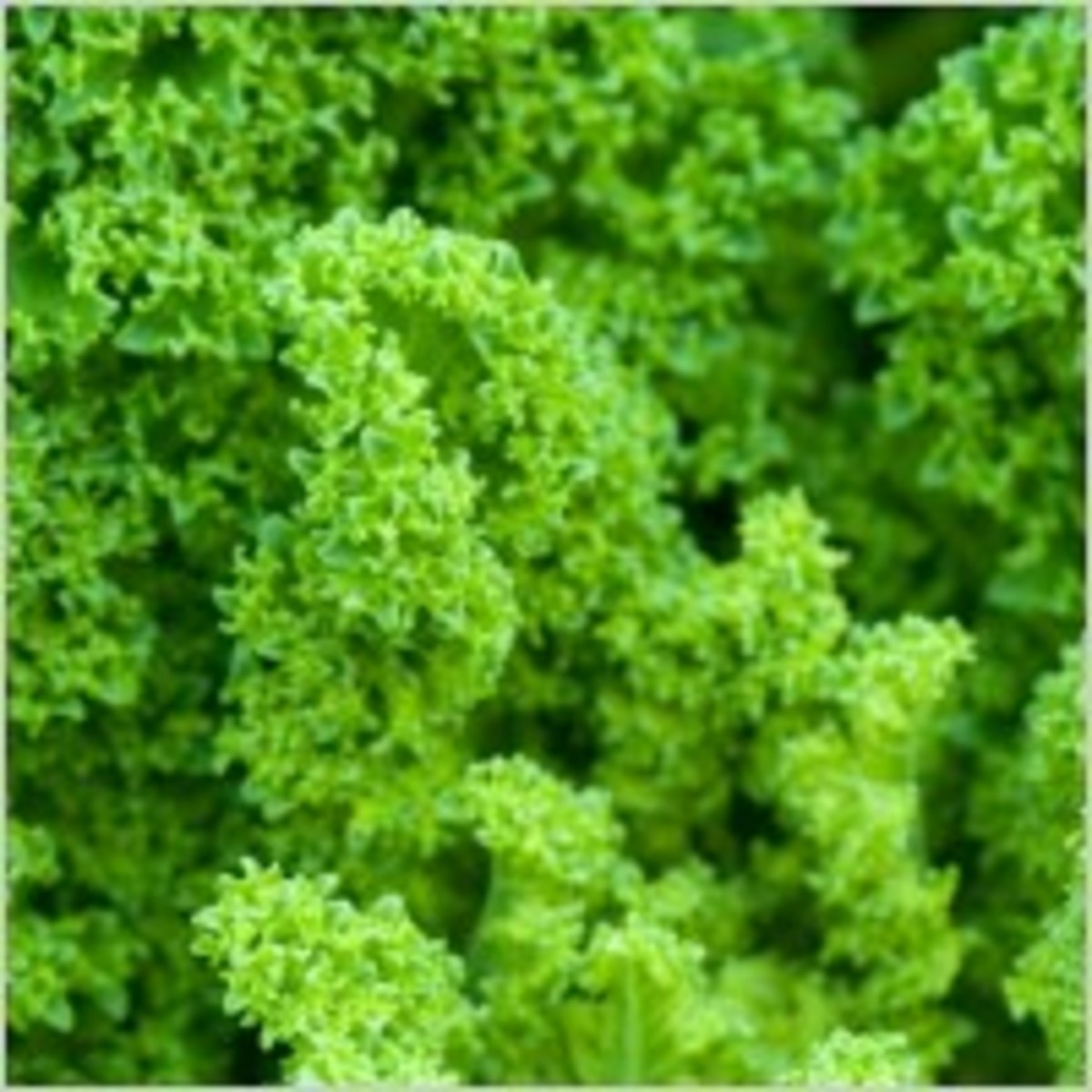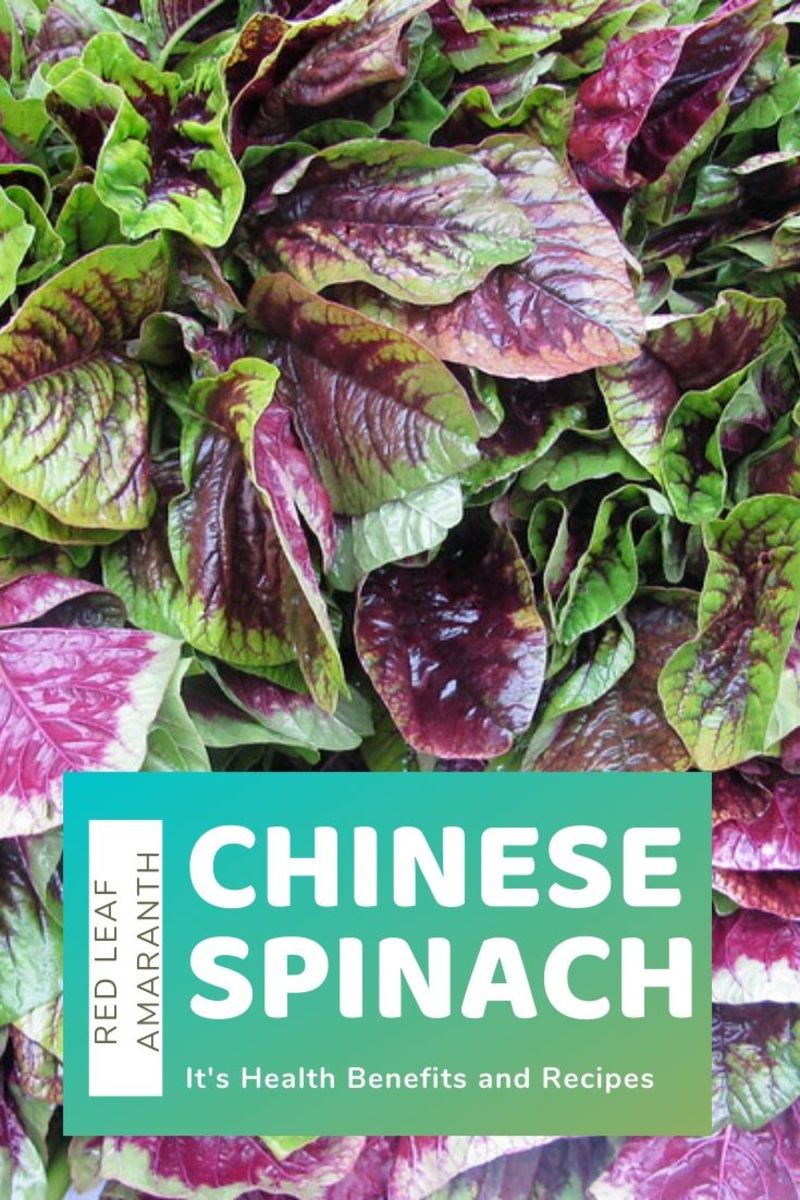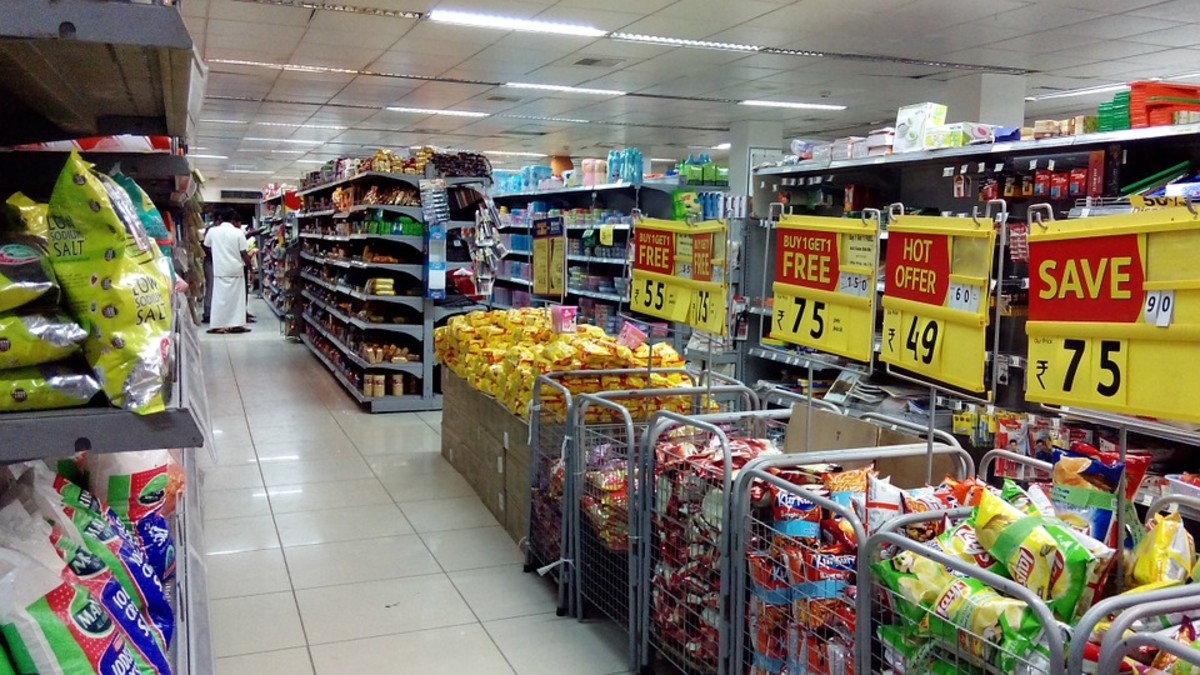What is Organic and how to tell?
Organic?
The USDA (The United State Department of Agriculture) Sets strict standards about what is considered to be organic. To be truely 100% Organic a specific product must be of 100% organic ingredients. To be classified as organic a product must contain at least a minimum of 95% organic material. To be considered as being made of organic material a product must contain a minimum of 70% organic material. And lastly a product to be considered to have some organic features will be less then 70% organic material.
Organic labels are meant to give us information about whether or not the product that is claiming to be organic was produced with the minimum amount of air pollution, water pollution,and soil pollution. This means that no chemicals were used in producing the product and no growth stimulantes were used in the process also. No chemically altered fertilizer was used in the growing process and that antibiotics were used also. The USDA has set these standards and makes sure that all guidelines are followed in making sure that the label is correct to guarantee what we are receiving is truly organic.
Horizon....
In 1991 Horizon, the number one seller in organic dairy coinsided with the USDA to set standards turned out to be a organic pioneer in the organic movement. With every day that passes Horizon continues to grow and lead with a seal of approval with continueing efforts to make sure that each and every product that they produce is considered to be organic.
Horizon truly believes that having organic material is healthier for our bodies. Nicer to our animals, and more profitable to our farmers and farm communities, Not to mention it is kinder to our planet.
At Horizon they only accept organic milk from suppliers who are certified as being organic by the organic standards program regulations. None of their animals are treated with Antibiotics and growth stimulates. Their pastures are filled with an average of 95 cows per organic farm and each animal is only fed organic feed and vegetarian feed. Every one of the dairy cows are free to roam about the farm no matter what the size of the farm may be. In the year 2006 more then 17 million pounds of pesticides and herbicides,and fertilizer were kept out of the envirorment.
Coffee....
I know what ya all are thinking..Coffee is coffee right? First thing in the morning who cares what type of coffee it is just so long as it wakes our butts up and gives us the energy to face what the day has ahead of us. The truth is that there is a difference is the coffee.
Organic coffee is grown and processed differently as to create it using the smallest amount of damage done not to just the bean but also the planet and enviroment. To achieve this a minimal amount is done to the soil and fertilizer, the production helps to maintain and replenish the soil fertility.
In order for coffee to be sold within the United States the company must first comply with the Organic Standards and Guidelines set forth by the USDA. To achieve this each farm can not in a three year period be free of synthetic pesticides, and other prohibited substances. They must also continue a rotation of crops to help prevent erosion,and continue the quality of the soil and to help with prevention of pests.
Decaffeinated Coffee:
Typically When coffee is processed to remove the caffeine in the coffee bean a process is used with toxins such as methylene chloride, (which is known to have an effect on the human central nervous system) In order to be classified as Organic this process can not be used. So in replacement a process of Swiss Water process is used in which only water is used to eliminate the caffeine in the coffee.
The Labels On Coffee:
The labels that you might find on the coffee in your stores are set forth by the USDA and what that means is that each can of coffee is made of at least 95% of organic coffee or you may find a label of 100% Organic Coffee.
Cotton....
Organic Cotton is grown and processed using a process that has little impact on our environment. A third party certification is used to ensure that all organic producers use methods and materials allowed to be used in the organic field. The federal regulations also states that organic cotton seed farmers are prohibited to use genetically engineered cotton seeds. In the united states for cotton to be sold as being organic it must first meet all guidelines set forth by the USDA on how the cotton is first grown.
Apparel:
The clothing industry is slowly starting to impliment Organic cotton in to how they are using cotton these days. Most clothing manufactors are using programs that consist of 100% organic cotton or are using a small portion of organic cotton with portions of conventional cotton.
Products:
Now a days product companies are also using organic cotton in products such as sanitary needs, makeup removal pads, cotton puffs and ear swabs, to home furnishing such as hand towels and bath towels to bathrobes and blankets. As you can see organic has really started taking off since it was first introduced to us not that long ago. It appears to be one of the fastest growing trends.It appears you can also purchase stationary cards and notepads that are also made out of organic cotton. Also organic cottonseed oil is being used for cookies and chips and other varieties of products.
Information...
There is no profound conclusion that Organic is the way that we all should be swaying ourselves but that it is a choice that we all make on our own. Whether we decide to go all out on organic materials and foods or whether we go back to the way we used to shop, Either way it is our decisions and how we feel towards our environment and how we see our future with the pollutants to our planet. I personally dont buy strictly organic ourselves except for just a few things. I ended up putting our 2 year old on soymilk which is considered to be organic for a little while but did not notice a difference in him between whole milk and the soymilk. I did only notice that he thought the soymilk tasted better to him and would chug that milk as compared to the whole milk. But after buying it for so long it tends to get pricey because it is so expensive for just a half gallon.. But other than that I choose to buy most of my produce from walmart and sams that are organic but only because it is just a few cents more to have the "Organic Seal" so I figure why not.
Other than that I would love to hear what ya'll think of my blog. Send me a comment and let me know..Id love to hear all about your pro's and con's. If you feel like this is a good post please send more people my way. Thanks

